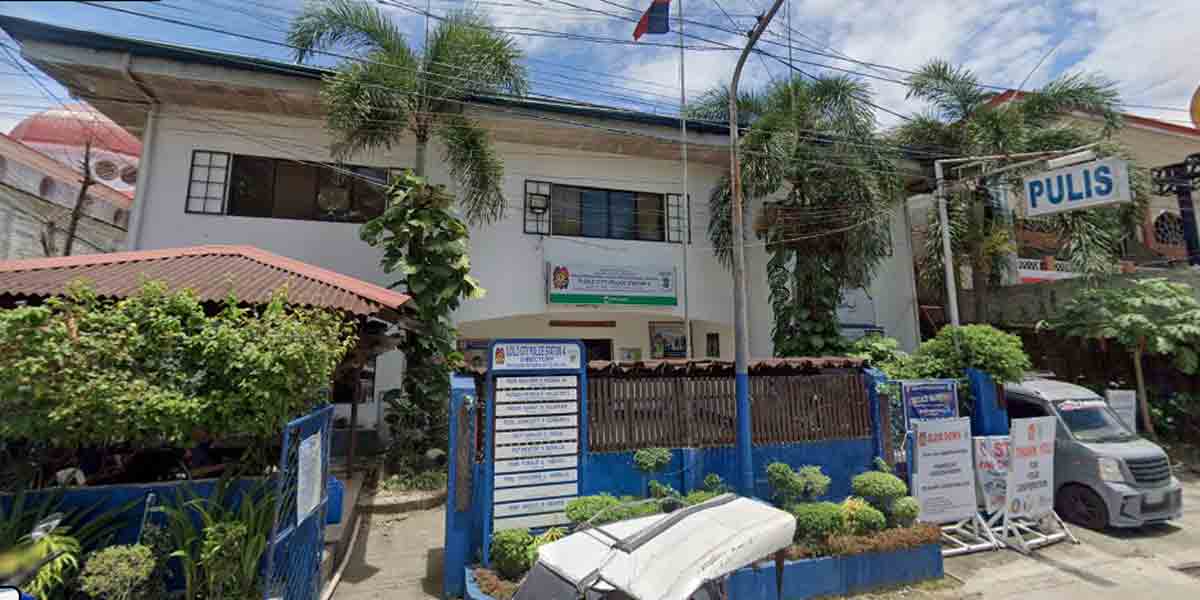By Engr. Carlos V. Cornejo
The Catechism of the Catholic Church teaches us that conscience is, “Present at the heart of the person, enjoins him at the appropriate moment to do good and to avoid evil. It also judges particular choices, approving those that are good and denouncing those that are evil. It bears witness to the authority of truth in reference to the supreme Good to which the human person is drawn, and it welcomes the commandments. When he listens to his conscience, the prudent man can hear God speaking.” (CCC 1777) Stephen Covey, the author of the famous book, “Seven Habits of Highly Effective People” defines it as “the universal standard within us of what is right and wrong.” St. Cardinal John Henry Newman calls it “the rule of ethical truth, the standard of right and wrong, a sovereign, irreversible, absolute authority in the presence of men and Angels.”
Simply said conscience is God’s voice within us. It’s God’s homing device for each person inspiring him or her to do good and avoid evil. Here’s what Dr. Peter Kreeft would say about guilt and conscience, “When we make mistakes in math or learning a musical instrument, we don’t feel ashamed. We might feel stupid but not ashamed. However, if we make a mistake in objective moral values we feel a remorse, shame and guilt. Because you offended someone. Who is that someone? We’ll it comes from inside us. It is called conscience. And conscience is the voice of God. When we go against objective moral values, we offend God that’s why our conscience reprimands us. We can also do the opposite. If we support and take action against racism, slavery and human trafficking we feel good.” Our conscience will accuse us if we do something bad but it cannot forgive us since the offended party is not our conscience but God. We will have to settle that guilt with God.
Conscience is our accuser if we do wrong, but if we have good dispositions, we will listen to it and correct our wrongdoing. If we have offended our neighbor, such as backbiting against that neighbor, that means we will have to ask for forgiveness both to that person, and to God. For Catholics asking for forgiveness from God means going to the Sacrament of Confession.
Often times our conscience tells us what should not be done rather than what specific good we should do. Its purpose is like a fence or guardrails telling us not to go beyond it. But if we stay within the fence, our conscience will not bother us. Our conscience does not dictate to us what particular action we should undertake to do good because virtue has no limits. It’s up to us how generous we are in practicing virtues. And once we practice those virtues our conscience rewards us with peace and satisfaction.
The rule the Catholic Church gives us with regard to following our conscience especially when we are in doubt, or when we are not sure if the action we will carry out is either good or bad, is to always follow our conscience. “Return to your conscience, question it. . .. Turn inward, brethren, and in everything you do, see God as your witness.” (CCC 1779) But at the same time we are obliged to educate our conscience through the knowledge of the Ten Commandments and the Word of God because a sincere conscience can still make mistakes. Other forms of educating our conscience would be asking advise from a priest or religious person when we are in doubt, attending retreats, recollections and other spiritual activities, and studying the Catechism of the Catholic Church. And finally, our conscience will be our judge, and jury when we face the judgment seat of God right after we die. It becomes a prosecuting lawyer if we have done bad things in life and a defense attorney if we done good things towards God and neighbor.





















